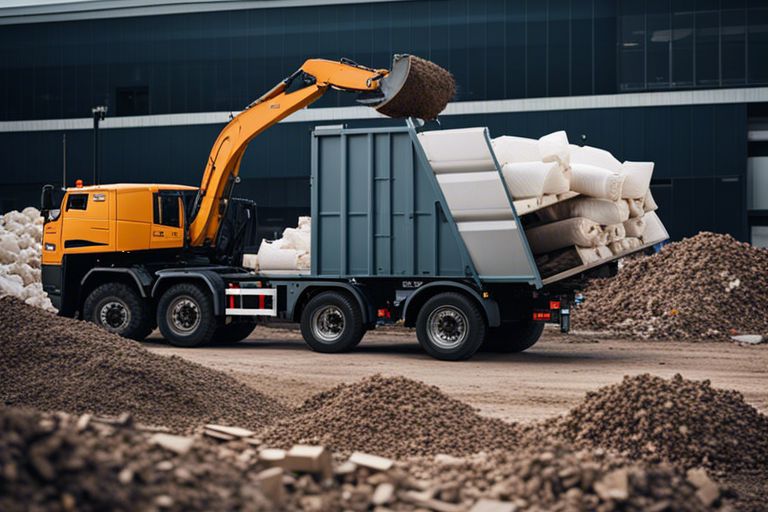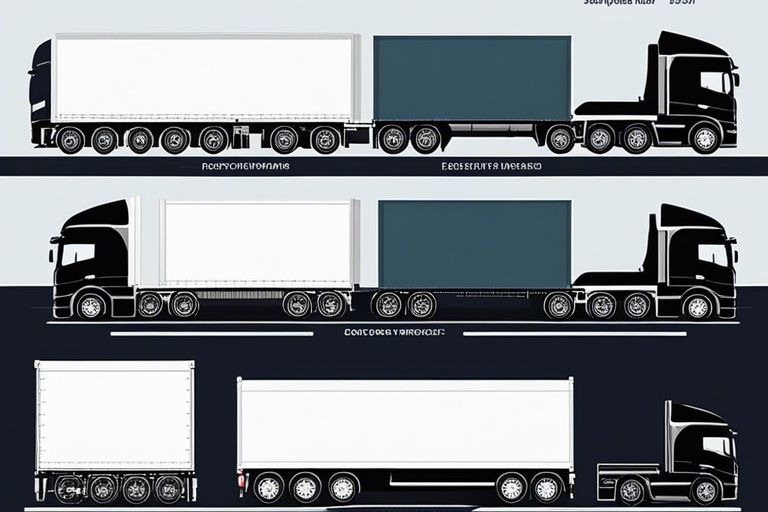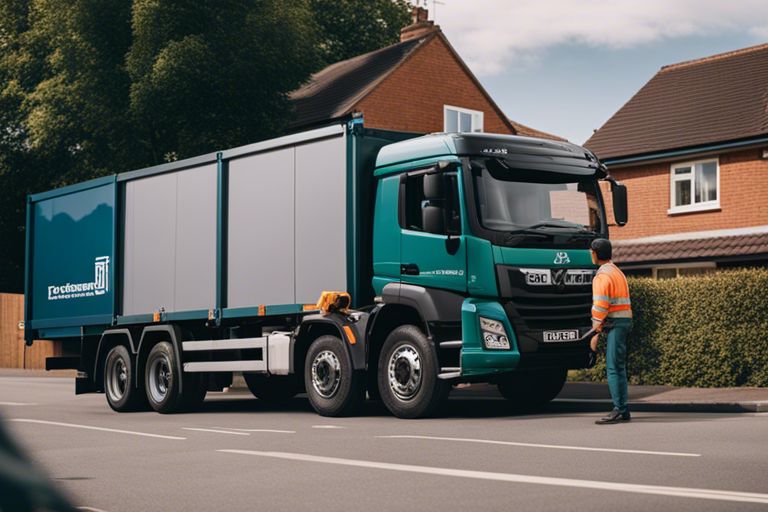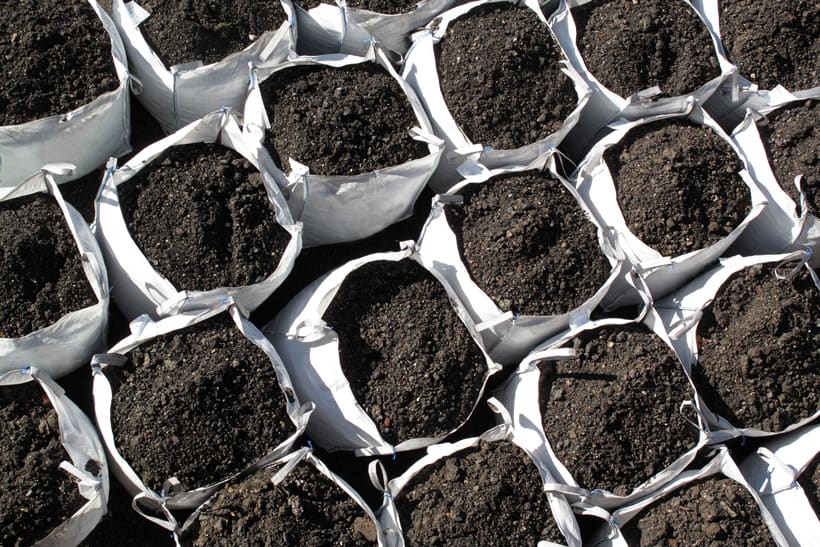Welcome to our comprehensive guide on minimizing waste in your restaurant. In an era where sustainability and environmental responsibility are of utmost importance, it is imperative for restaurant owners and managers to take proactive steps to reduce the amount of waste generated in their establishments. This guide will provide you with valuable insights and practical strategies to minimize food, water, and packaging waste, while also enhancing the efficiency and profitability of your business. By implementing the tips and techniques outlined in this guide, you can make a significant impact on the sustainability of your restaurant and contribute to a healthier planet.
Key Takeaways:
- Implementing Efficient Inventory Management: Keeping track of ingredient usage and ordering only what is needed can reduce waste and save costs.
- Training Staff on Waste Reduction Techniques: Educating employees on portion control, proper food storage, and recycling can help minimise waste in your restaurant.
- Regularly Reviewing and Adjusting Your Menu: Offering smaller portion sizes, incorporating leftovers into new dishes, and using all parts of ingredients can significantly reduce waste in your kitchen.
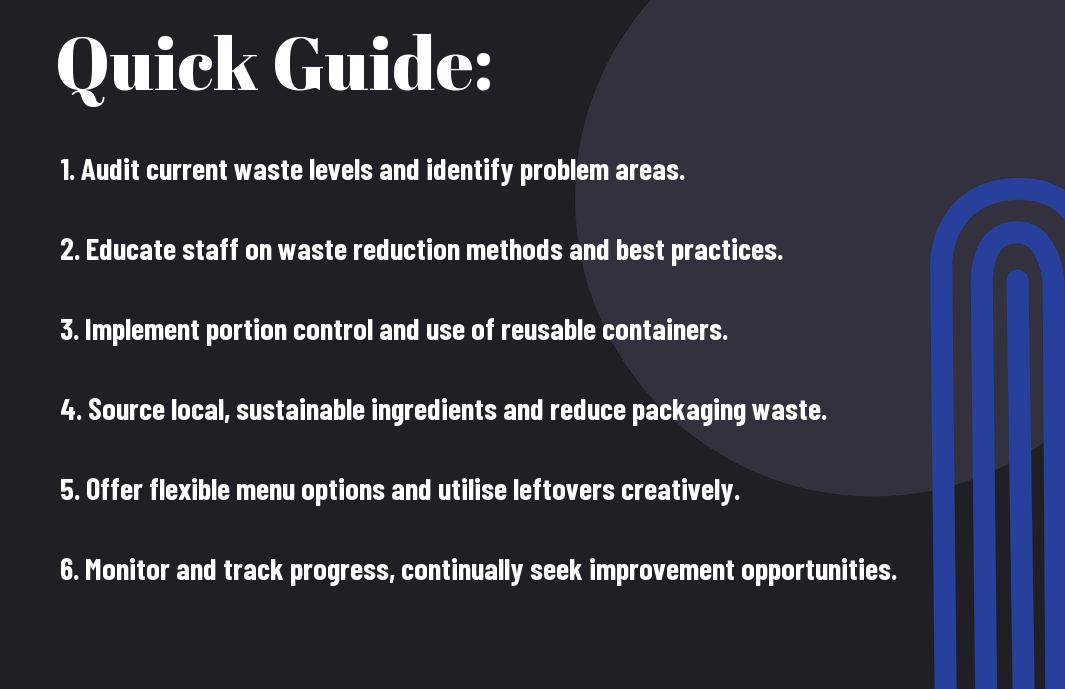
Types of Waste in Restaurants
When it comes to running a restaurant, waste can come in various forms. It is crucial for restaurant owners and managers to recognize and understand the different types of waste that can occur in their establishment. By identifying and addressing these areas of waste, restaurants can take proactive steps to minimize their impact on the environment and maximize their operational efficiency.
- Food Waste
- Packaging and Disposable Items
- Energy Waste
- Water Waste
- Other Miscellaneous Waste
Food Waste
Food waste is a significant issue for many restaurants. Whether it’s spoilage of ingredients, plate waste from customers, or overportioning, food waste can have a detrimental impact on both the environment and a restaurant’s bottom line. By implementing portion control measures, regularly monitoring inventory, and finding creative ways to repurpose leftovers, restaurants can significantly reduce their food waste.
Packaging and Disposable Items
Restaurants often rely on packaging and disposable items for takeaway orders and food delivery services. While these items provide convenience for customers, they also contribute to a significant amount of waste. From single-use plastic containers to paper napkins, reducing the reliance on disposable items and opting for eco-friendly alternatives can have a positive impact on a restaurant’s sustainability efforts.
Importantly, managing packaging and disposable items effectively can also enhance a restaurant’s brand image and attract environmentally conscious customers.
Energy Waste
Energy waste encompasses the unnecessary consumption of electricity, gas, and other forms of energy within a restaurant. This can result from leaving equipment running when not in use, using outdated and inefficient appliances, and inadequate insulation. By adopting energy-efficient practices, such as LED lighting and smart thermostats, restaurants can significantly reduce their energy waste and lower their utility bills at the same time.
Reducing energy waste is not only financially beneficial but also contributes to reducing a restaurant’s carbon footprint.
Water Waste
Water waste is another significant concern for restaurants, particularly those with large-scale operations such as industrial kitchens. Common sources of water waste include leaks, inefficient dishwashing practices, and excessive water usage. By investing in water-efficient equipment, implementing regular maintenance checks, and educating staff on water conservation measures, restaurants can make significant strides in minimising their water waste.
Addressing water waste is vital for both cost savings and sustainable water management.
Factors Contributing to Restaurant Waste
There are various factors that contribute to waste in restaurants, impacting both financial and environmental aspects. Understanding these contributors is crucial in minimising waste and maximising efficiency in restaurant operations.
- Inventory Mismanagement
- Inefficient Kitchen Practices
- Lack of Employee Training
- Improper Waste Disposal Methods
This can help in developing strategies to address the root causes of waste in the restaurant industry and drive toward a more sustainable future. You can learn more about how to track and reduce restaurant food waste here.
Inventory Mismanagement
Poorly managed inventory often leads to overstocking of perishable goods, resulting in spoilage and waste. Additionally, inaccurate record-keeping can lead to missed opportunities to utilise ingredients effectively, contributing to overall inefficiency.
Inefficient Kitchen Practices
Inefficient kitchen practices such as improper portion control and food preparation can result in large amounts of unused or spoiled food. This not only increases waste, but also impacts food quality and customer satisfaction.
A lack of attention to detail in food handling can also lead to cross-contamination, further exacerbating waste and posing a health hazard in the kitchen.
Lack of Employee Training
Insufficient training of staff in food handling, portion control, and proper inventory management can significantly contribute to unnecessary waste. This can undermine the efforts to minimize waste and reduce operational costs.
Improper Waste Disposal Methods
Improper waste disposal methods, such as lack of recycling and composting initiatives, can lead to harmful environmental impacts. Improper disposal can also lead to legal compliance issues and reputation damage.
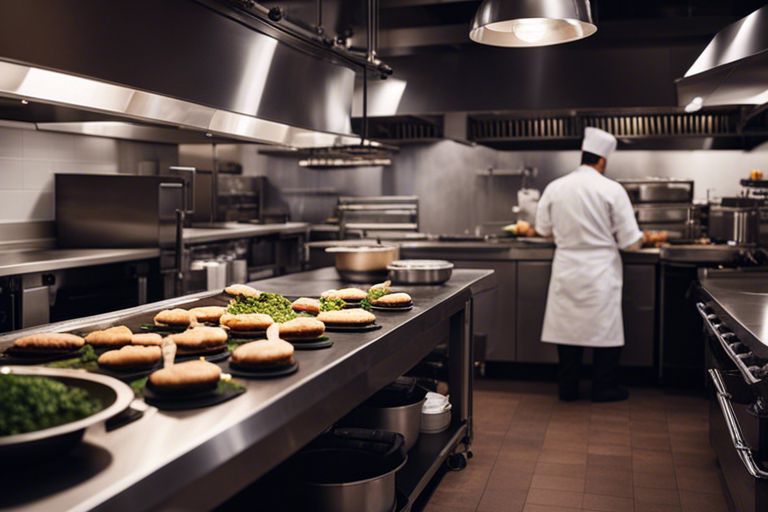
Step-by-Step Guide to Minimizing Waste
As a restaurant owner or manager, minimising waste is a crucial aspect of running a sustainable and environmentally responsible business. This step-by-step guide will walk you through the process of minimising waste in your restaurant by conducting a waste audit, implementing a waste reduction plan, and adopting energy and water conservation strategies as well as waste recycling and composting.
| Chapter | Description |
| Conducting a Waste Audit | Assess the current waste generation and identify key areas for improvement |
| Implementing a Waste Reduction Plan | Develop and implement a plan to reduce waste through various strategies and initiatives |
| Energy and Water Conservation Strategies | Adopt measures to reduce energy and water consumption in the restaurant |
| Waste Recycling and Composting | Engage in recycling and composting programs to divert waste from landfills |
Conducting a Waste Audit
Conducting a waste audit is the first crucial step in minimising waste in your restaurant. By examining your current waste generation and disposal practices, you can identify areas where waste can be reduced, reused, or recycled. This process involves analysing different types of waste, such as food waste, packaging materials, and disposable items, to gain a comprehensive understanding of your restaurant’s waste footprint.
During the waste audit, it is important to involve staff members from various departments to gather insights and ideas for waste reduction. This collaborative approach helps in understanding the root causes of waste generation and fosters a sense of responsibility and ownership among the staff in implementing waste minimisation measures.
Implementing a Waste Reduction Plan
After conducting a waste audit and identifying areas for improvement, the next step is to develop and implement a comprehensive waste reduction plan. This plan should outline specific goals, targets, and actionable strategies to reduce waste throughout the restaurant operations. It may include measures such as portion control, sourcing sustainable packaging, and introducing composting systems for food waste.
It is crucial to allocate dedicated resources and assign responsibilities to ensure the successful implementation of the waste reduction plan. Regular monitoring and evaluation of the plan’s progress are essential to track the effectiveness of the measures and make adjustments as necessary.
By engaging with suppliers and local recycling facilities, restaurants can establish efficient systems for recycling and composting various waste streams. By segregating and diverting waste from landfills, restaurants can contribute to overall waste reduction and environmental sustainability.
Restaurants can also explore innovative ways to repurpose food waste, such as creating compost for organic gardens or donating excess food to local charities.
Tips for Sustaining Waste Minimization Efforts
Minimising waste in your restaurant is an ongoing effort that requires consistent attention and dedication. To ensure that your waste minimisation efforts are sustainable, consider implementing the following tips:
- Continuous Staff Education and Involvement
- Updating Menus and Portion Sizes
- Embracing Technology for Inventory Control
- Fostering a Green Restaurant Culture
Continuous Staff Education and Involvement
As a restaurant owner or manager, it is crucial to educate and involve your staff in waste minimisation efforts. Provide regular training on waste reduction techniques and the importance of sustainable practices in the kitchen and front of house. Encourage open communication and feedback from your staff to identify areas for improvement and maintain a positive waste minimisation culture throughout the team.
Updating Menus and Portion Sizes
Regularly evaluate your menu offerings and portion sizes to minimise food waste and prevent excess food being thrown away. Consider offering smaller portion options or introducing a flexible menu that accommodates for seasonal produce and reduces the risk of over-ordering perishable items.
Knowing the latest food trends and consumer preferences can assist you in updating your menus to maximise customer satisfaction while minimising food waste.
Embracing Technology for Inventory Control
Implementing technology-based solutions for inventory management can help streamline procurement processes, reduce over-ordering, and minimise excess stock. Utilising inventory tracking systems and data analytics can provide valuable insights into consumption patterns and enable more accurate ordering, ultimately leading to reduced food wastage.
Embracing innovative technologies in your restaurant operations can significantly contribute to sustainable waste management and cost efficiency.
Fostering a Green Restaurant Culture
Creating a green restaurant culture involves instilling sustainability values into every aspect of your business. Encourage the use of recyclable and biodegradable packaging, implement energy-saving measures, and promote environmentally-friendly practices amongst staff and customers. By prioritising eco-conscious initiatives, your restaurant can make a positive impact on the environment and attract environmentally-conscious customers.
Embracing a green ethos in your restaurant not only sets a positive example for others but also contributes to a sustainable future for the foodservice industry.
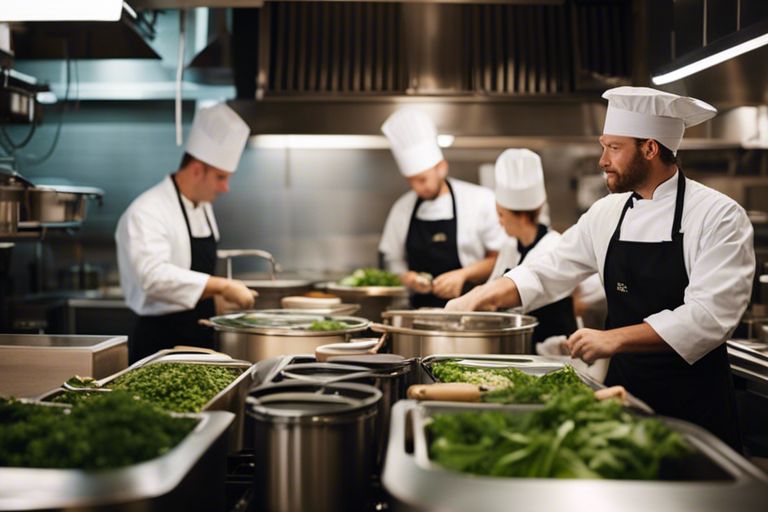
Pros and Cons of Waste Minimization Strategies
| Pros | Cons |
| Cost savings | Initial investments |
| Positive customer perception | Marketing costs |
| Reduced environmental impact | Challenges in supply chain coordination |
| Improved resource efficiency | Changing operational processes |
| Compliance with regulations | Training and education costs |
Cost Savings vs. Initial Investments
Implementing waste minimization strategies can lead to significant cost savings in the long run. However, there may be initial investments required to upgrade equipment or train staff, which can pose a financial challenge for some businesses. It is important to carefully evaluate the potential return on investment before implementing these strategies.
Customer Perception and Marketing
Waste minimization efforts can enhance a restaurant’s customer perception and contribute to a positive brand image. However, effectively communicating these efforts to customers and the wider market may require additional marketing resources, which could impact the overall cost-benefit analysis.
In today’s environmentally conscious society, consumers are increasingly drawn to businesses that demonstrate sustainable practices. Therefore, showcasing your waste minimization efforts can positively influence customer perception and differentiate your restaurant from competitors.
Challenges in Supply Chain Coordination
Implementing waste minimization strategies may introduce challenges in supply chain coordination, particularly when dealing with multiple suppliers and partners. It is essential to collaborate closely with all stakeholders to ensure a smooth transition and ongoing commitment to waste reduction goals.
The complexity of coordinating with various suppliers and managing inventory with reduced waste can be a major challenge in implementing waste minimization strategies. However, overcoming these challenges can lead to a more efficient and sustainable supply chain in the long term.
Long-Term Environmental Impact
Waste minimization strategies play a crucial role in reducing a restaurant’s environmental impact over time. By implementing efficient processes and reducing overall waste generation, restaurants can contribute to long-term sustainability and preserve natural resources for future generations.
Investing in waste minimization not only benefits the bottom line but also demonstrates a commitment to environmental stewardship, which can strengthen the restaurant’s reputation and long-term viability in the market.
Minimising Waste in Your Restaurant – A Comprehensive Guide
Minimising waste in your restaurant is crucial for both environmental and economic reasons. By implementing the strategies outlined in this comprehensive guide, you can significantly reduce your restaurant’s carbon footprint and operating costs. From reducing food waste through better portion control and menu planning, to implementing recycling and composting programmes, there are numerous practical steps you can take to make a positive impact. By taking a proactive approach to minimising waste, your restaurant can set an example for sustainability in the hospitality industry and contribute to a cleaner, more efficient future. It is imperative for every restaurant to take responsibility for their environmental impact and actively work towards minimising waste in their operations. By following the steps outlined in this guide, your restaurant can play a key role in preserving our planet while also improving your bottom line.
FAQ
Q: Why is it important for a restaurant to minimise waste?
A: Minimising waste in a restaurant not only reduces environmental impact but also contributes to cost savings and improves overall efficiency.
Q: What are some common sources of waste in a restaurant?
A: Common sources of waste in a restaurant include food scraps, packaging materials, and single-use plastics, among others.
Q: How can a restaurant effectively reduce food waste?
A: Restaurants can reduce food waste by implementing portion control, using creative menu planning, and implementing proper storage and inventory management systems.
Q: What are some sustainable options for reducing packaging waste in a restaurant?
A: Sustainable options for reducing packaging waste in a restaurant include using biodegradable or compostable packaging materials, implementing a recycling programme, and encouraging customers to bring their own containers for take-away orders.
Q: How can staff be trained and motivated to support waste minimisation efforts?
A: Staff can be trained and motivated to support waste minimisation efforts through education on the environmental impact of waste, setting clear waste reduction goals, and implementing incentive programmes for staff who contribute to waste reduction initiatives.


